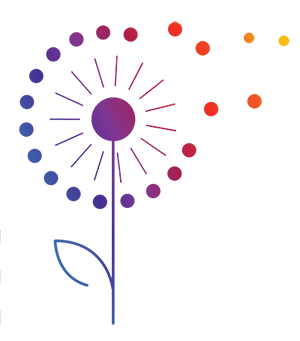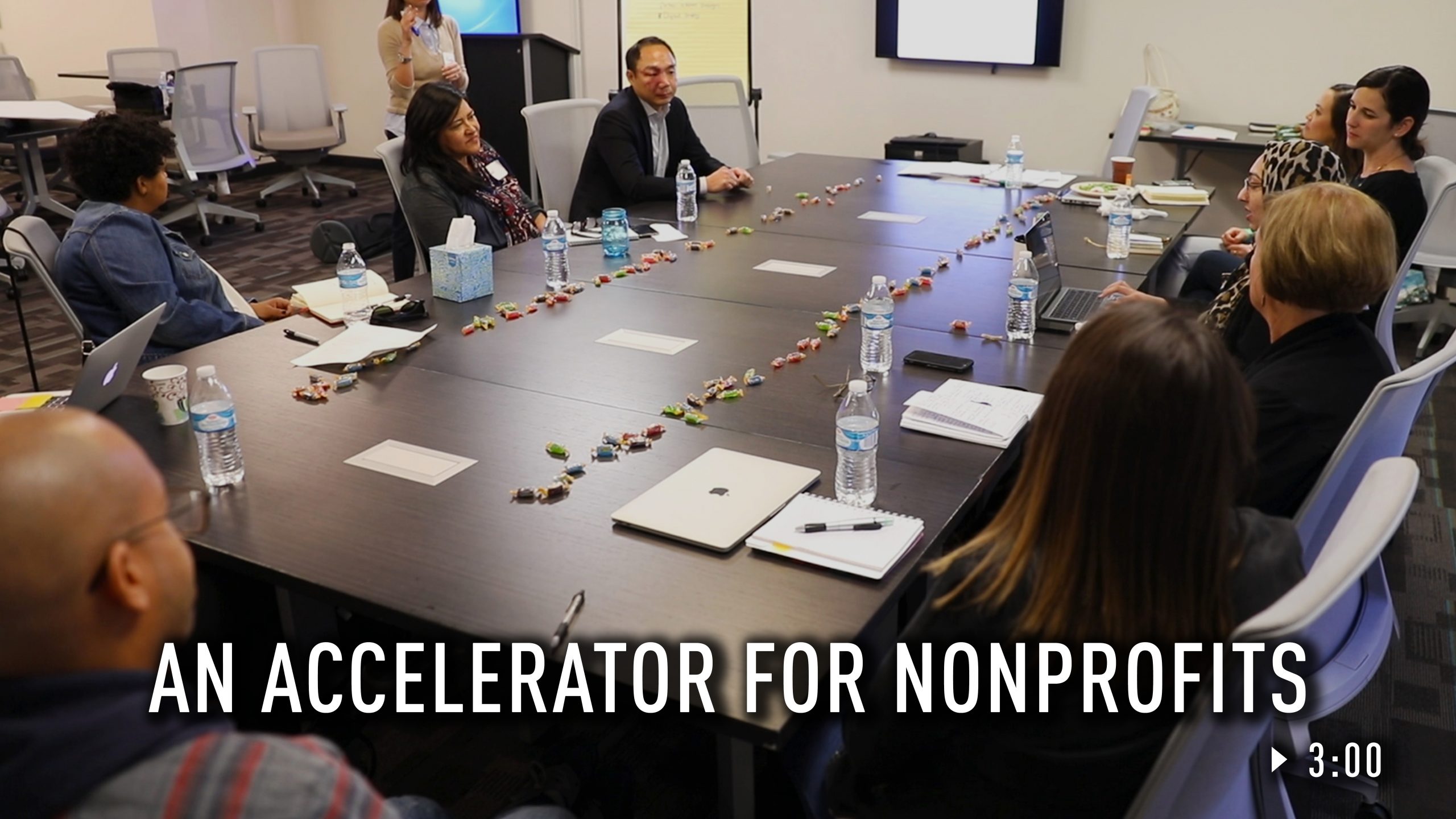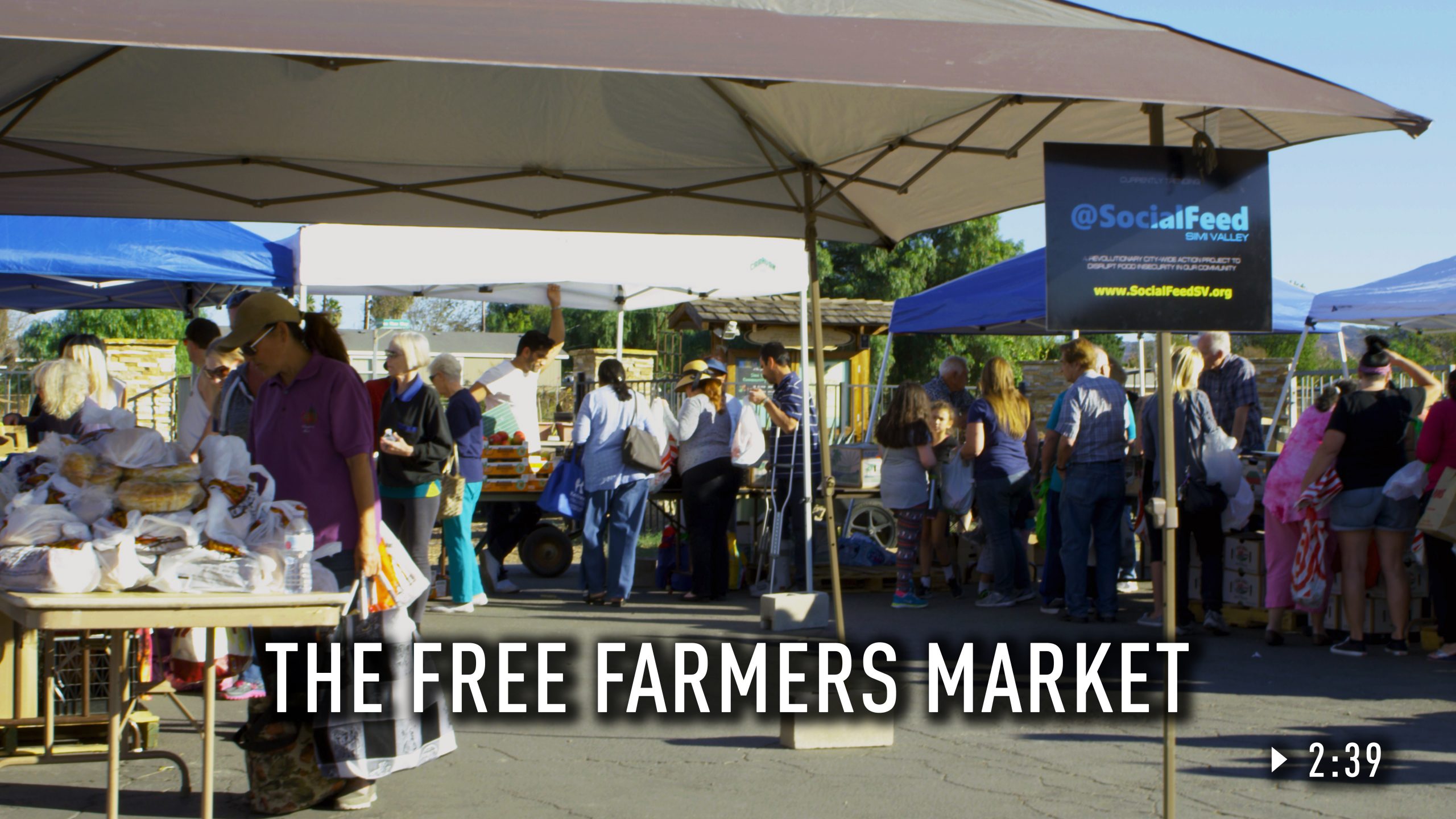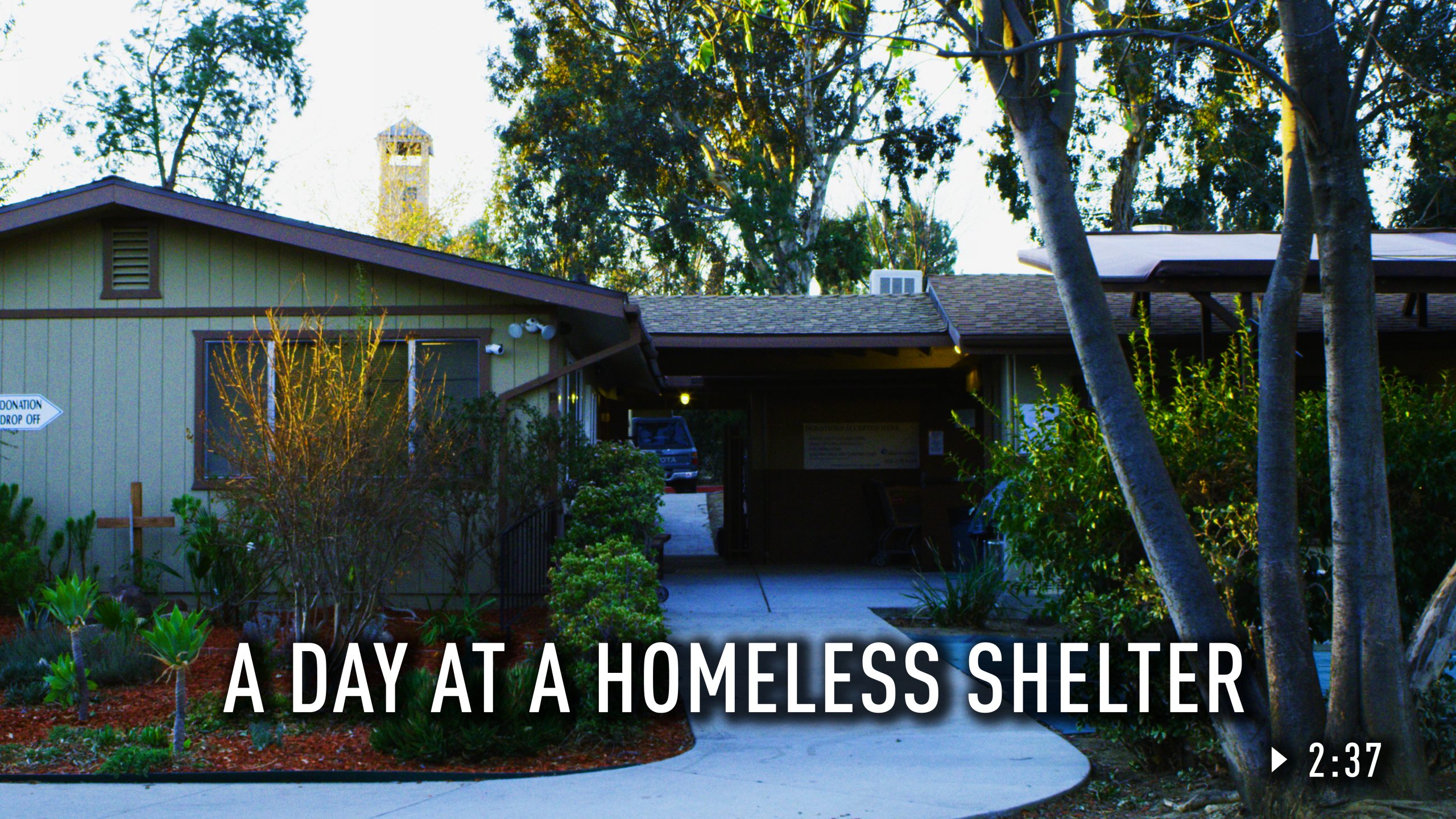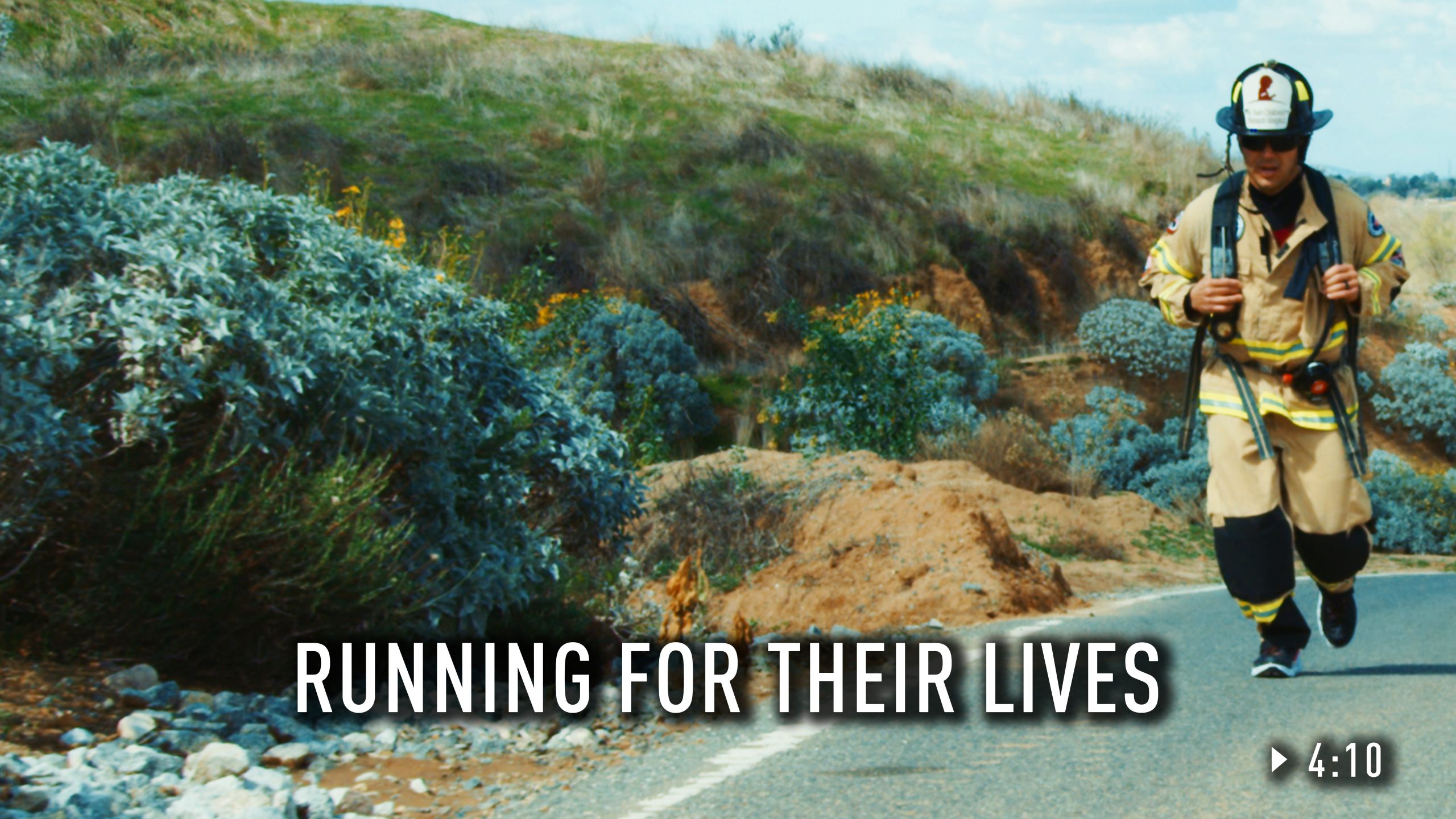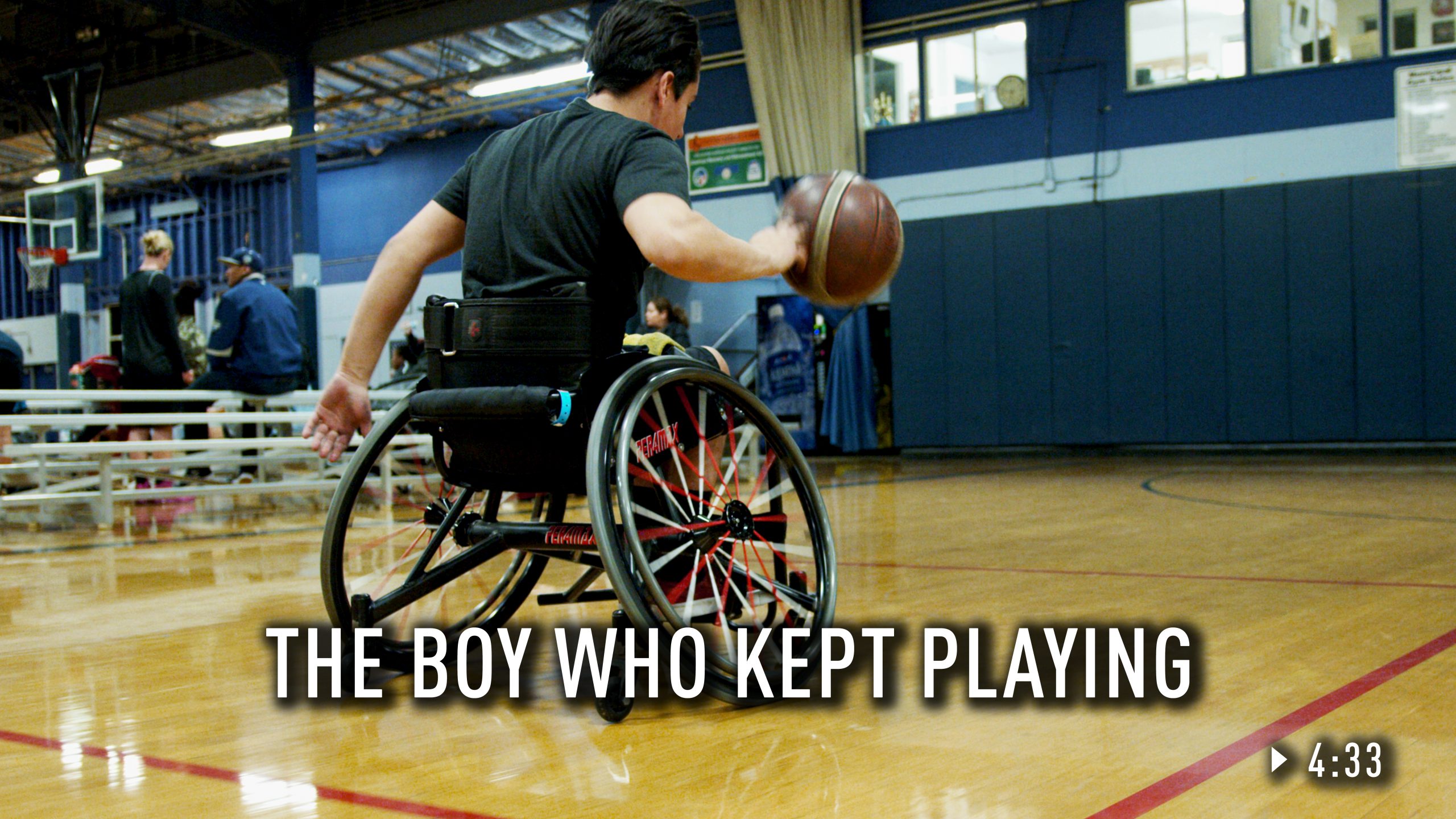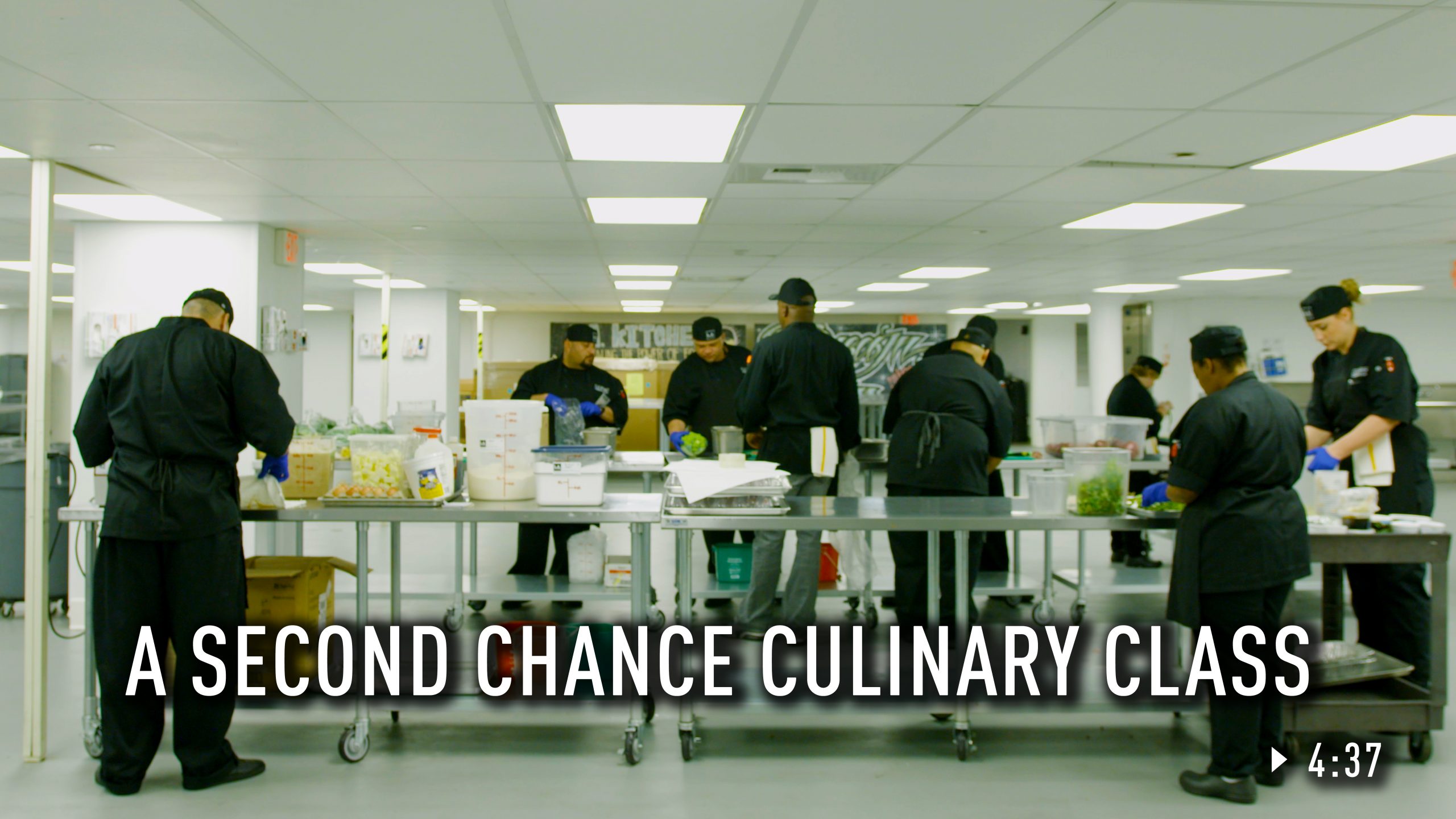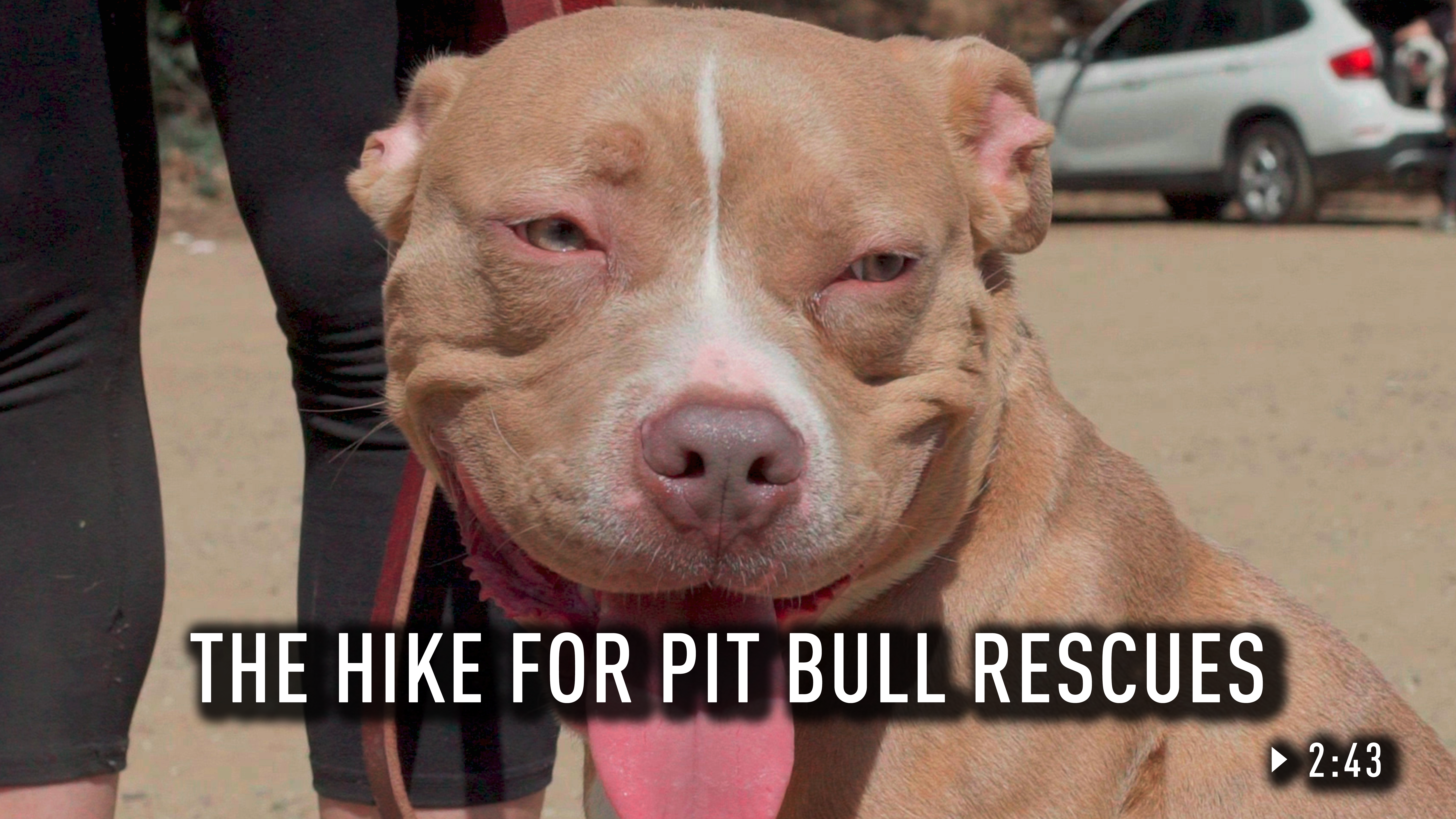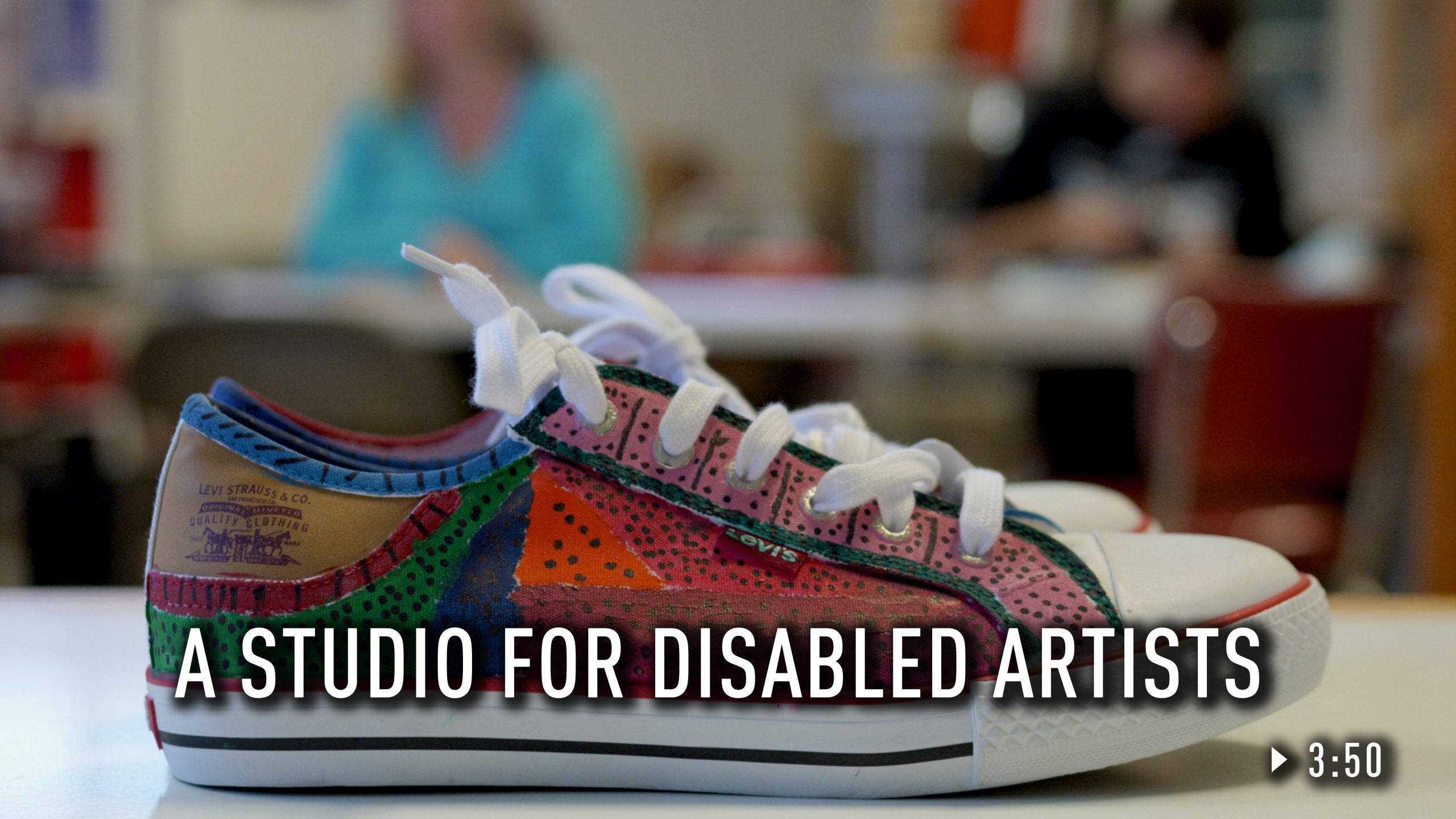Picture this: An elderly Korean immigrant living in Los Angeles who, understandably, struggles with English. She first turned to the Korean American Coalition in Koreatown to have her mail read, even though it took her an hour and a half on the city bus to get there. Her concern – what if she had important bills? Government notices? Letters from her landlord? On her own, she couldn’t know.
The kicker? When she finally got to KAC, their employees found that four of the five envelopes she had schlepped with her were junk mail.
She had traveled an hour and a half there, and would have to travel an hour and a half back home, just to be told she had been delivered coupons from Bed Bath and Beyond. This, all because of a language barrier.
The ability to identify junk mail from important mail is something native English speakers take for granted. It’s an everyday task most can do in five seconds when we get home from work. But for a Korean immigrant living in a society that isn’t designed with them in mind, this five-second task can turn into a three-hour journey.
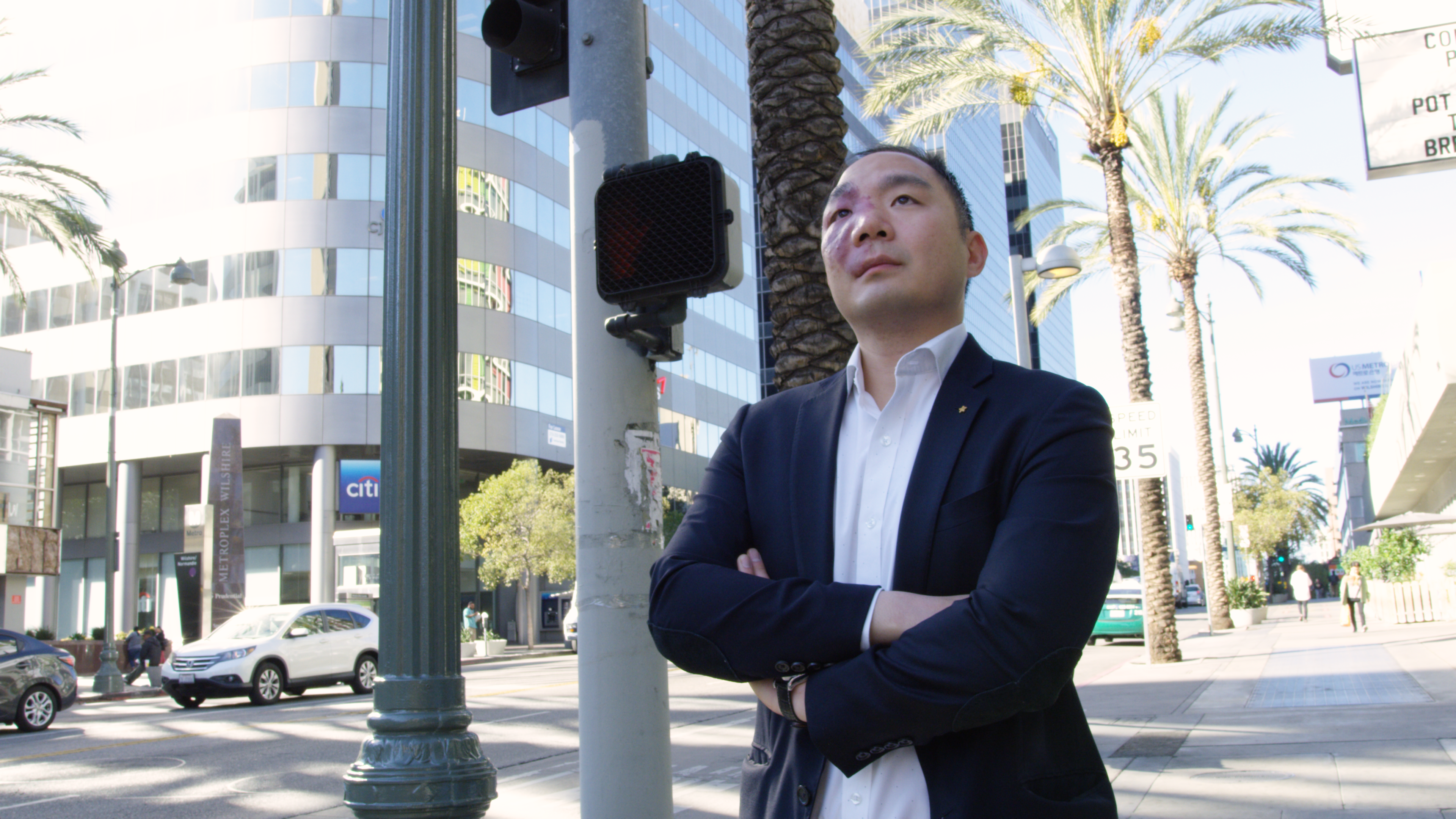
Thankfully KAC is here to help immigrants like this navigate a community that excludes and doesn’t listen to them. In a recent opinion piece he wrote for the LA Times, KAC Executive Director Joon Bang says, “Koreatown may look like a hip place to eat and play, but for many, it remains a symbol of the difficult Korean American journey.”
“The Korean community faces the biggest level of language isolation here in LA, and that’s among all ethnic groups,” he says.
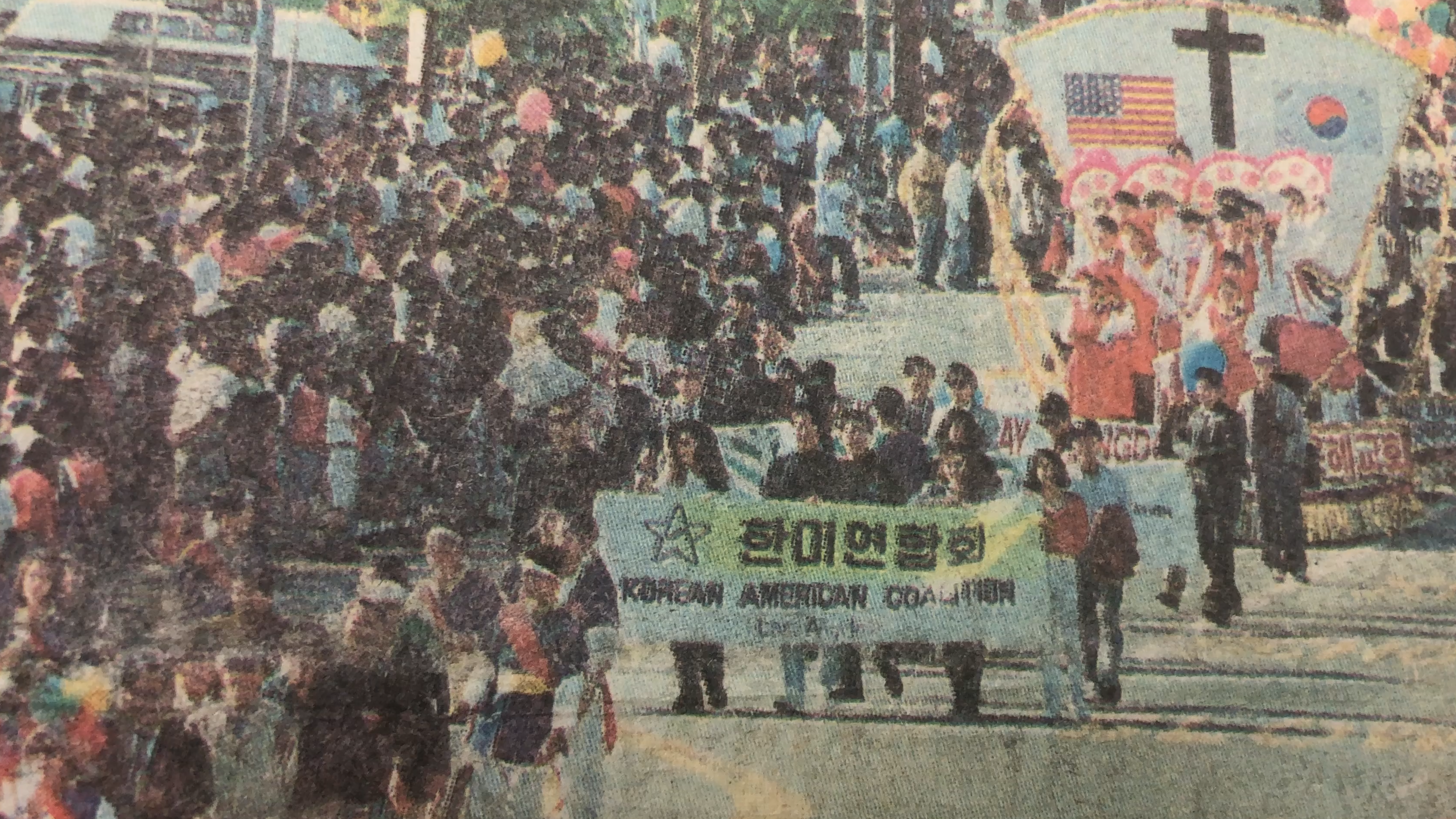
KAC was founded in 1983 during an influx of Korean immigration to the US and to LA in particular. Right away they made an impact, and co-founded the Black-Korean Alliance in 1988 in an effort to unite minority groups. They continued to rise to prominence during the 1992 LA Riots, serving as the crucial voice of the Korean American community amidst the devastating unrest.
For 35 years KAC has worked tirelessly to give visibility to a population that has otherwise been belittled and brushed aside. “KAC is kind of like a one-stop shop where people came whenever they needed help or support,” explains Bang. The organization promotes the civic interests and civil rights of the Korean American community in LA by way of three main pillars: Empower, Educate, and Embrace. From these core organizing principles, KAC has developed various programs to aid Koreans in LA, and give them a long-overdue seat at the table.
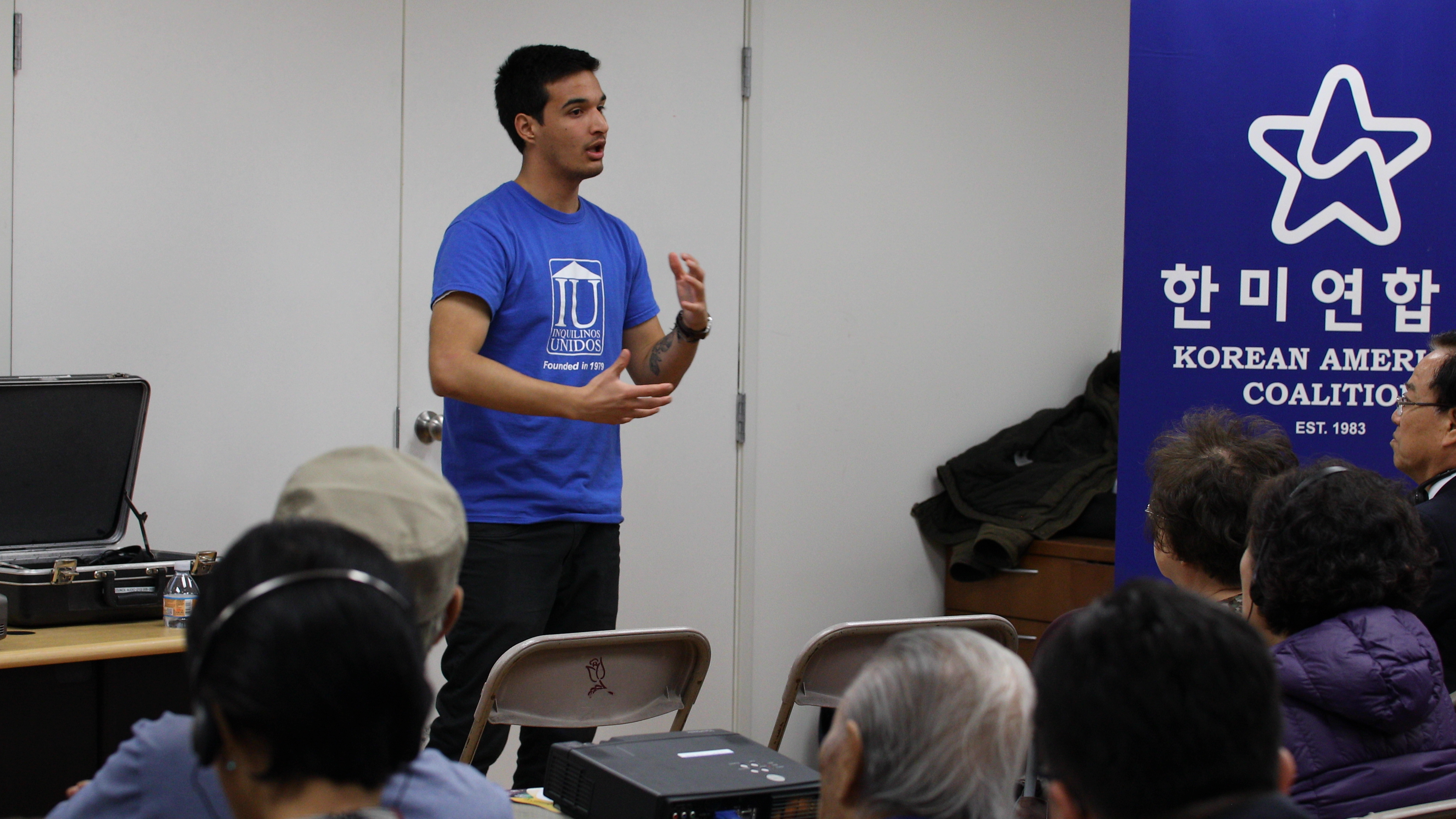
One of these successful programs is their Alternative Dispute Resolution Center (a.k.a. 4.29 Center), which developed as an extension of their mediation services in response to the LA Riots. “The lack of communication, the language barriers between different neighbors, escalated into something of a fever pitch,” says Bang of the riots. “We recognize that before matters escalate between neighbors,” he continues, “we can intervene, and mediate as neutral agents between community members who may have conflict with one another.”
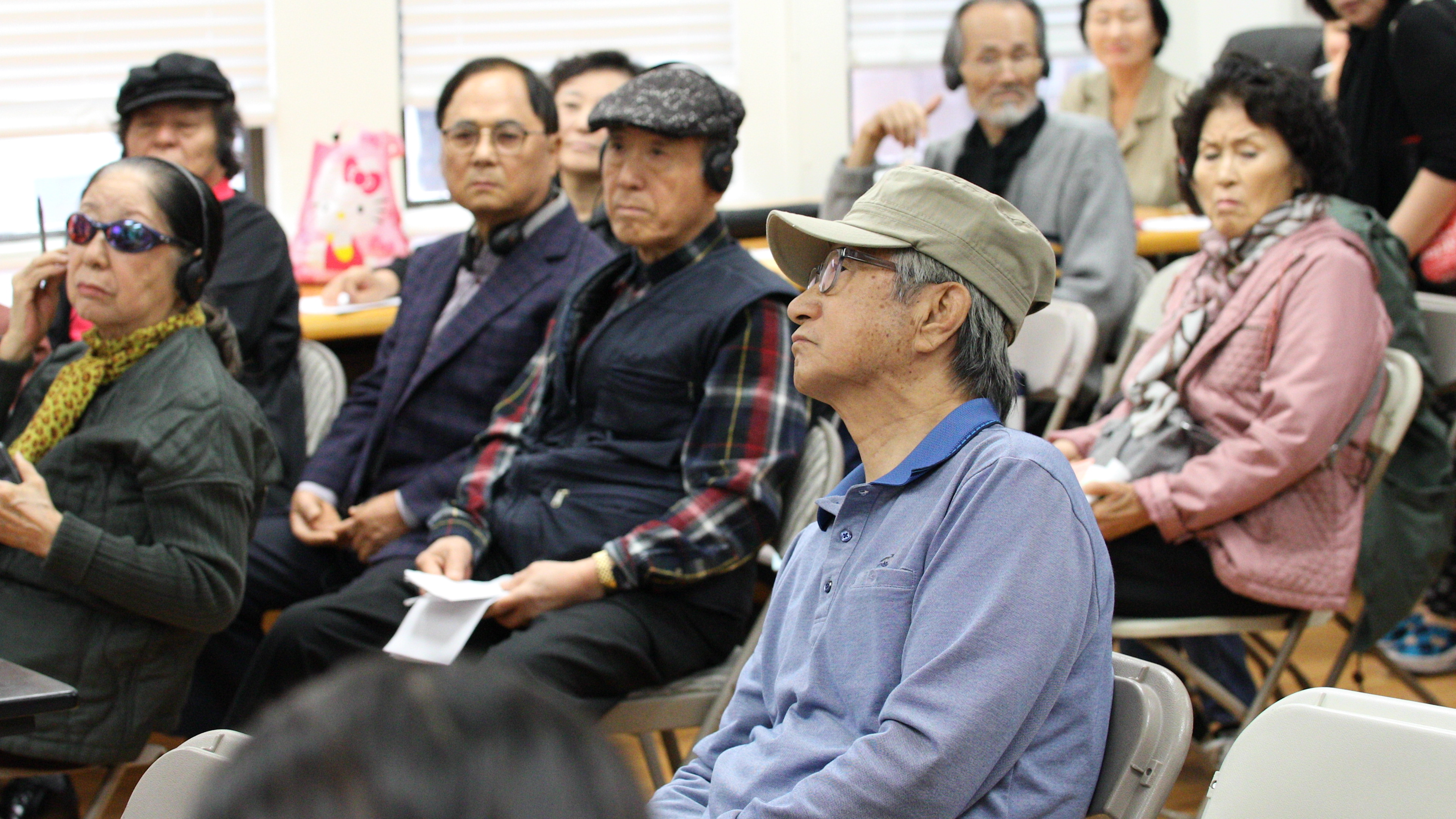
A particularly effective and fruitful initiative at KAC is their Listening Sessions. These sessions provide a way for community members to share what they’re going through and what areas of their everyday lives they’re struggling with.
The benefit of these listening sessions is two-fold: first, they provide KAC with firsthand accounts of the main issues they should prioritize as an organization; an invaluable resource for KAC to be as effective as possible. Additionally, the Listening Sessions offer a safe space for Korean immigrants to actually be heard (finally), as a sort of therapeutic exercise.
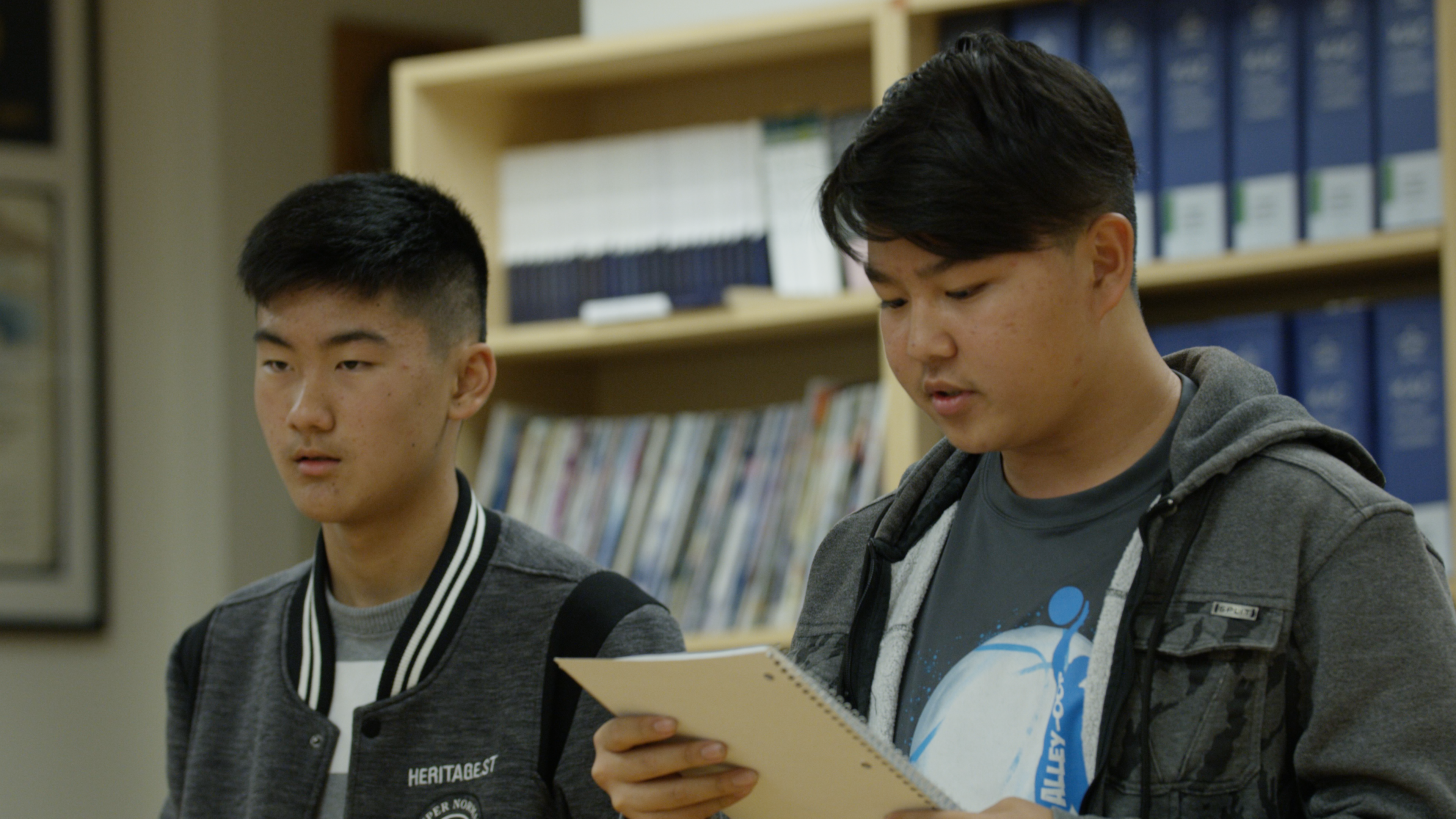
KAC has also created robust youth leadership development programs for the younger generation of Koreans in LA. For junior high and high school students, KAC has a Model United Nations program which allows for kids to learn public speaking and research skills. Their program for college students is called The National College Leadership Conference–the first and the oldest leadership conference for Korean Americans in the US.
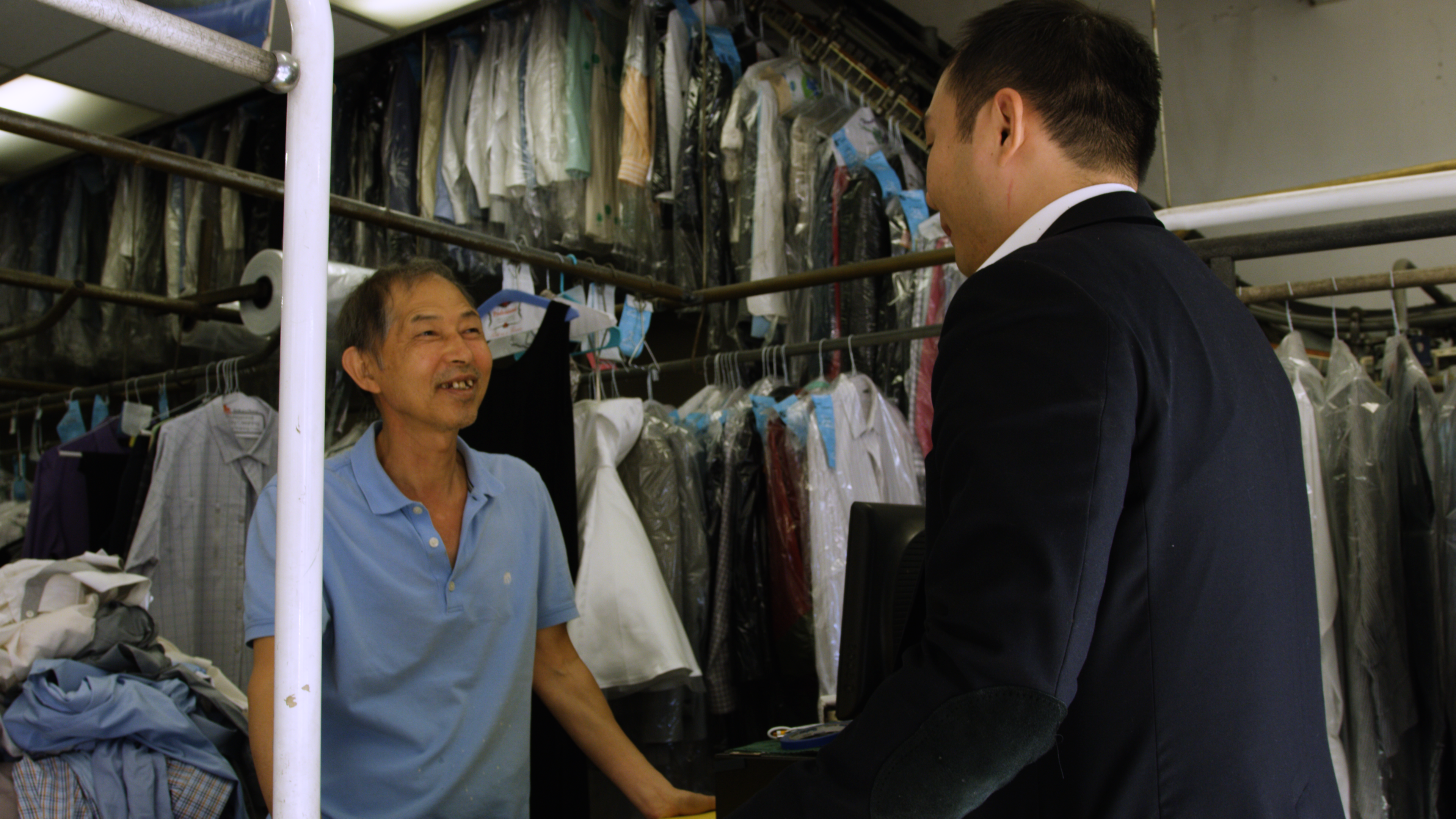
The ultimate goal of these programs and for KAC as a whole, is to provide Korean Americans with the information and skills to be engaged citizens.
“What we do here at KAC is identify what the problems are, give a platform for our community members to be heard, but also empower them with their rights. Empower them with resources,” says Bang. “It’s not just an organization that is doing the work, but it’s our community members being a part of that work.”
Also published on Medium.

